There can’t be many countries whose patriotic focal point is a military loss, yet that is true of us.
Commentary
On May 4, 1940, my father embarked on the first voyage of the Queen Mary, since her conversion to a troop ship, to sail to the Middle East to fight the Axis powers.
On board were 5,000 other members of the AIF—the Australian Imperial Force.
My mother, like many others, followed the ship in a small boat as far as the Sydney Heads to wave farewell.
Nobody then believed that the crisis would be over soon and that the boys would come home by Christmas: just getting there took several weeks and was fraught with danger.
My mother told me years later that most people were pessimistic about the prospect of victory.
In the following year, the Japanese attacked Pearl Harbour, sank the Prince of Wales and the Repulse, and conquered Hong Kong and then Singapore.
My father was gravely wounded at El Alamein and never fully recovered his fitness, but most of his comrades went on to fight in the Pacific War.
The situation looked utterly dire, despite the huge injection of American power.
Australia planned for a Japanese invasion, and on the other side of the world, death rained down every day on cities like London.
The War to End All Wars
The bravery of those who went to war and those who stayed behind fills us with awe.
The more so when we consider that World War I had ended just 22 years previously, and everybody recalled only too well how many of their dear ones had never come home.
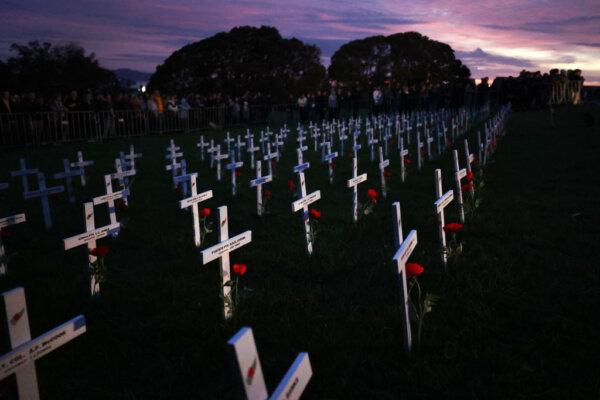 Crosses commemorate as Aucklanders attend the Anzac Day Dawn Service at Auckland War Memorial Museum in New Zealand, on April 25, 2024. (Fiona Goodall/Getty Images for Auckland War Memorial Museum)
Crosses commemorate as Aucklanders attend the Anzac Day Dawn Service at Auckland War Memorial Museum in New Zealand, on April 25, 2024. (Fiona Goodall/Getty Images for Auckland War Memorial Museum)On April 25, we celebrate ANZAC Day, the annual commemoration of Australia’s and New Zealand’s participation in the Gallipoli campaign of World War I.
The campaign failed in its objectives and our troops withdrew having suffered terrible losses over several bitter months of struggle.
There can’t be many countries whose patriotic focal point is a military loss, yet that is true of us: hundreds of thousands, including a large number of young people, flock to dawn memorial services all over the country.
There is no event in the calendar that moves so many people so very deeply.
We may have lost that battle, but ultimately, the War was won, as everybody knows.
But at what cost! Sixty thousand Australians died in the Great War at a time when our entire population was only about five million.
There is not a town, not a tiny village, that does not have a war memorial listing the names of those who gave their lives.
In the worst year of the war, 1917, 20,000 died in combat.
Imagine the impact on society if you can.
Throughout that war, it was government policy to advise a dead soldier’s next of kin personally, rather than by telegram: priests and ministers used to take the news to those who had lost their dearest.
In my own family, a widow with two sons in the Army saw the Presbyterian parson coming up the path one day and went out to meet him:
“Which one of my boys is it?” she asked.
“I’m so sorry, Mrs. Campbell, but it’s both.”
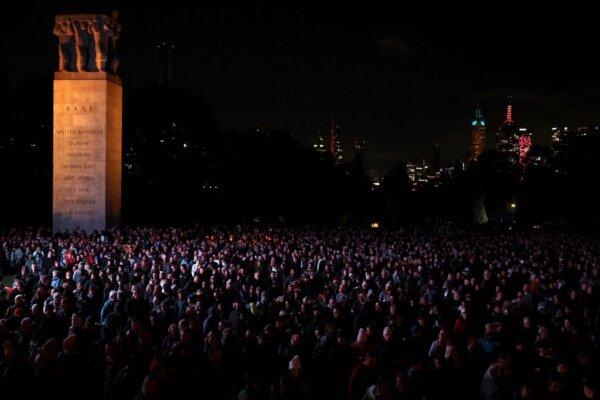 People gather to pay their respects during the ANZAC (Australian and New Zealand Army Corps) Day dawn service at the Shrine of Remembrance, to remember soldiers who have died in war, in Melbourne, Australia, on April 25, 2024. (Martin Keep/AFP via Getty Images)
People gather to pay their respects during the ANZAC (Australian and New Zealand Army Corps) Day dawn service at the Shrine of Remembrance, to remember soldiers who have died in war, in Melbourne, Australia, on April 25, 2024. (Martin Keep/AFP via Getty Images)Peace and Prosperity
I am a so-called baby-boomer.
I missed out on the “ballot” for the Vietnam War, so the closest I ever came to warfare was my membership of the school cadet corps when we pretended to be soldiers and played war games—with real guns, but blank ammunition.
Our post-WWII generation has probably been the most fortunate the world has ever seen.
We lived through the best of times. We passed our childhood amidst the ever-increasing prosperity and optimism of the 50s boom.
It’s true that fear of The Bomb lurked in the background, and occasional local wars such as those in Korea and Malaya cost the lives of many of our young people, but they were far away, and by and large left most of us unscathed and heedless.
World wars were a thing of the past, we thought.
And though the atomic threat might frighten us, it also strangely protected us. The prospect of nuclear catastrophe concentrated our minds wonderfully and made us wary of taking risks and accepting challenges that might have enticed our bolder forefathers onto the battlefield.
I am deeply grateful for those days when the sun seemed to shine all the time, when the streets were safe, and when post-war migration enriched our own culture without overwhelming it.
Family life was still intact and religion was respected, if often sidelined by our innate “larrikinism.”
Overseas travel was still slow—cheap air fares were yet to come—but far faster than they had been when Australia was first settled.
Telephone calls abroad were still very expensive, but separated families could talk to each other: commonplace now, but then almost miraculous.
Radio was my generation’s only form of home entertainment, but how we loved listening to all those adventure serials when we came home from school!
Our fathers understood that going overseas to war might mean years of separation, perhaps never to return. We thought that being away from home for a few weeks was a dreadful privation.
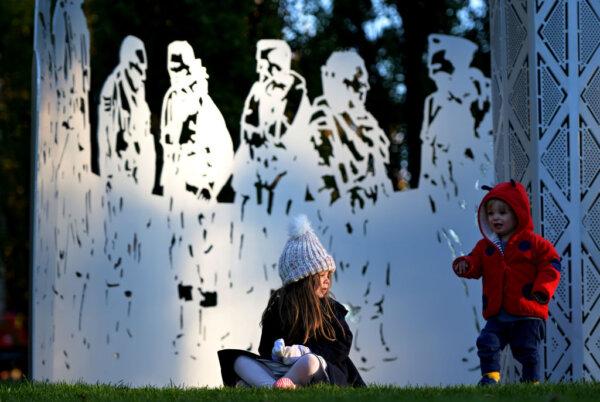 The ATSIVSA ceremony at “For Our Country” Aboriginal and Torres Strait Islander memorial is held after the Dawn Service at the Australian War Memorial in Canberra, Australia, on April 25, 2024. (Tracey Nearmy/Getty Images)
The ATSIVSA ceremony at “For Our Country” Aboriginal and Torres Strait Islander memorial is held after the Dawn Service at the Australian War Memorial in Canberra, Australia, on April 25, 2024. (Tracey Nearmy/Getty Images)We live now in a much more sophisticated and cynical world.
I fear for my children and grandchildren who have to face it, because for all their smart phones and technical know-how, they are deeply insecure.
We need somehow to rediscover the ANZAC spirit and make it ours, not just those of us whose parents and grandparents were born to it, but also those of us whose roots lie in other countries and cultures, for we’re all Australians now and heirs to the grand tradition.
Views expressed in this article are opinions of the author and do not necessarily reflect the views of The Epoch Times.

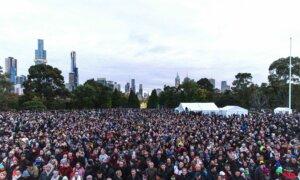
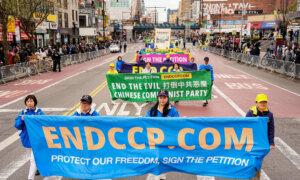
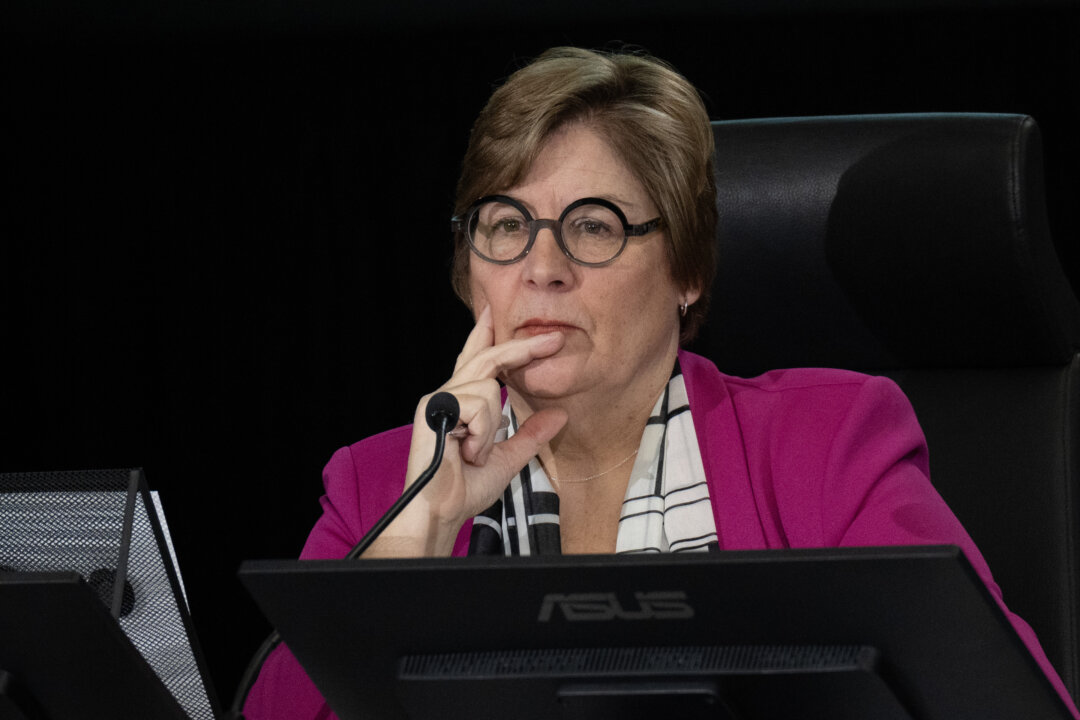
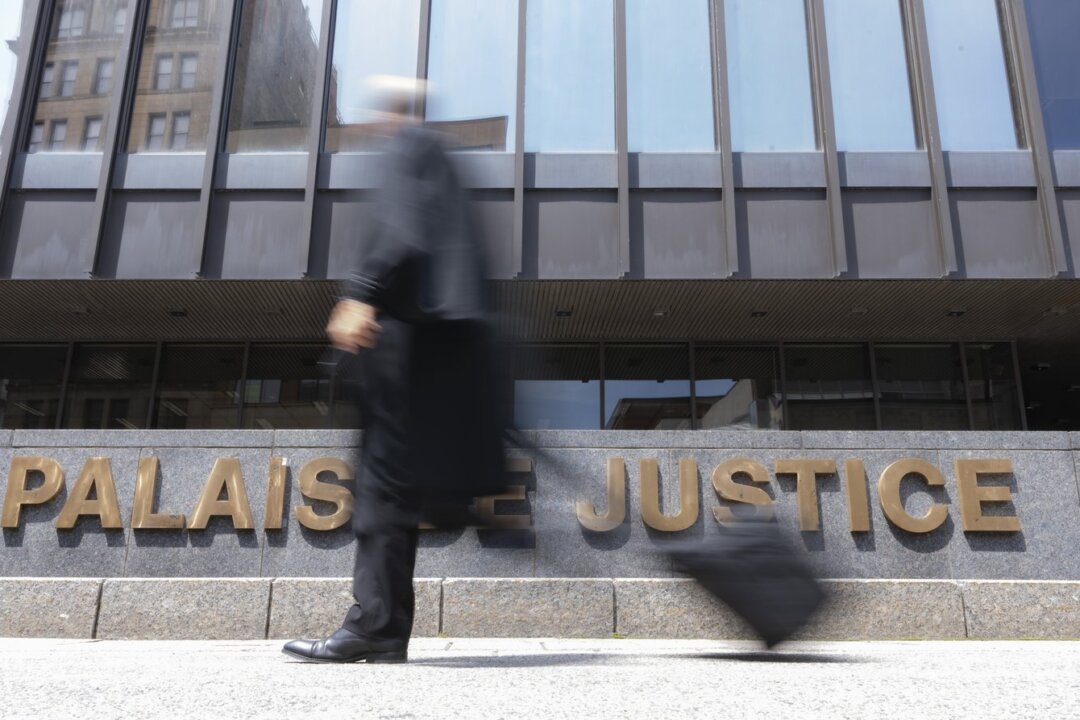
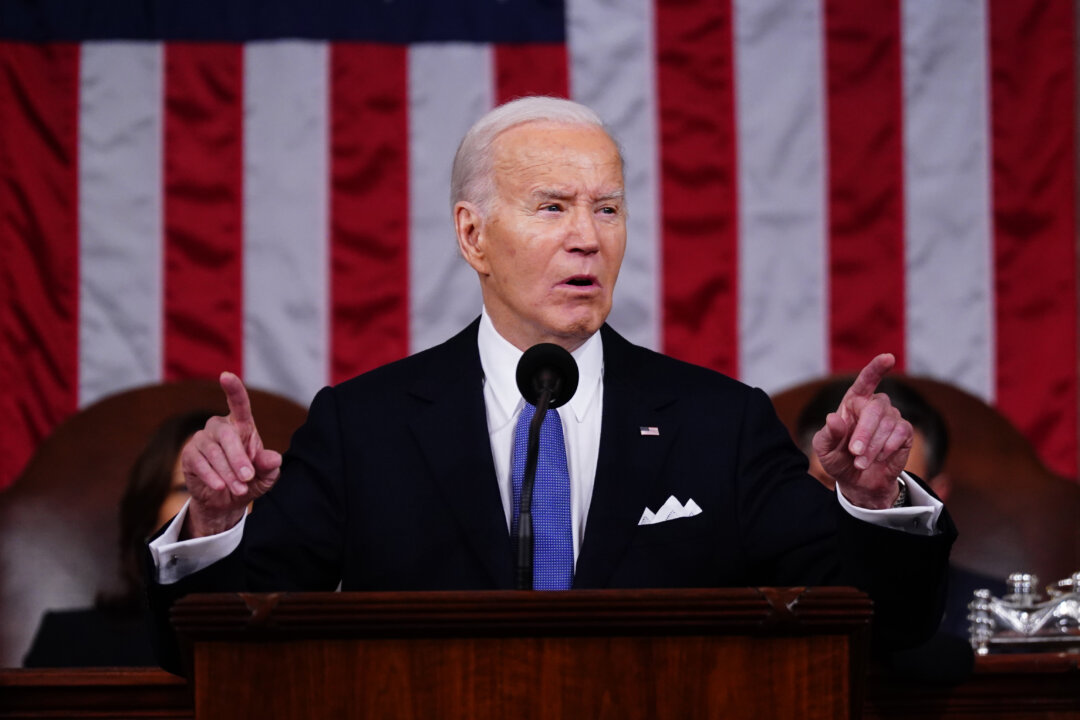

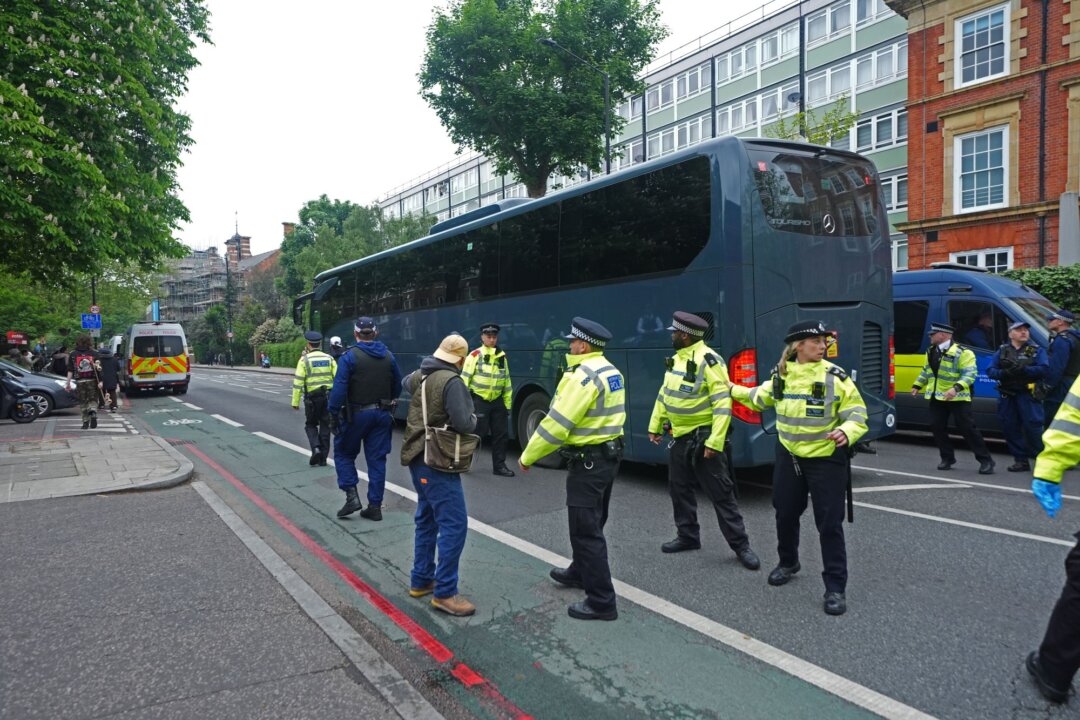



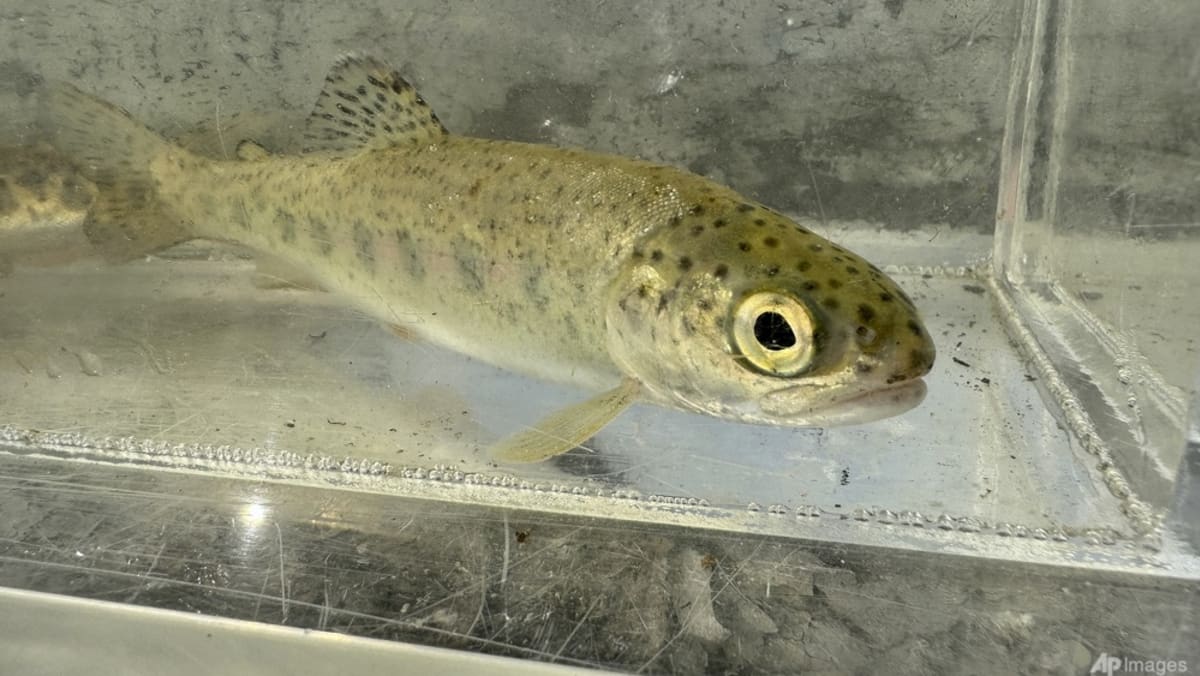


 English (US) ·
English (US) ·  Turkish (TR) ·
Turkish (TR) ·